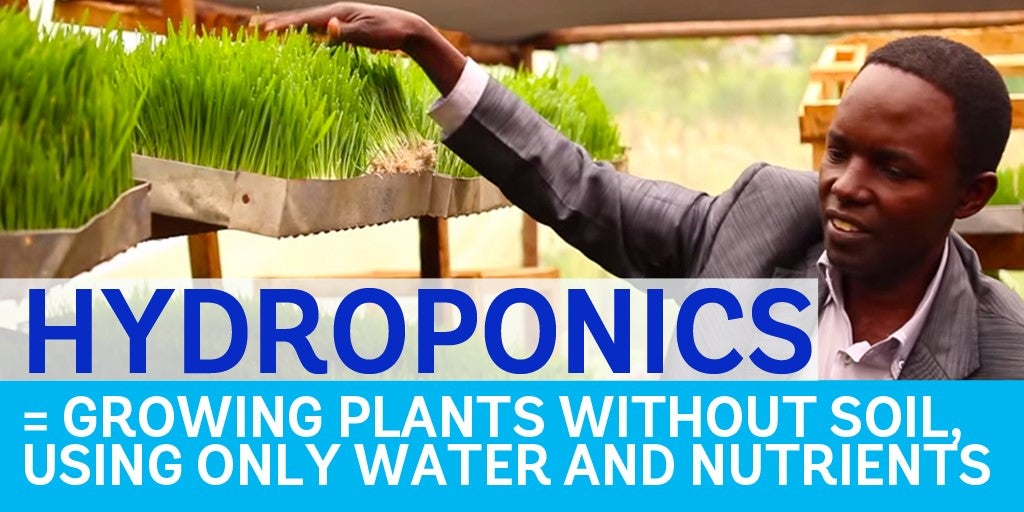Also available in: Español

In the run-up to the COP21 climate conference, one question becomes central: where will we find the solutions on the ground—and the people to implement them—to realize the renewed political ambitions on climate?
One path to a “greener” future may run through Kikuyu Road in Nairobi, Kenya. It is here that Peter Chege runs Hydroponics Kenya, a small but growing firm that is expanding new agricultural solutions for local markets. Its systems allow farmers to grow plants without soil and use about 80% less water than traditional farming. These sustainable techniques enhance climate resilience, while creating local jobs and fostering regional investment.
Hydroponics Kenya is not an exception. There are over 250 local start-ups currently supported by the World Bank’s Climate Technology Program and its global network of Climate Innovation Centers. The centers—in countries like Ethiopia, Jamaica, Morocco, and Vietnam—help local businesses take advantage of the growing market and advanced technologies for responding to climate change.
From solar-powered irrigation to using waste to generate electricity, clean-tech entrepreneurs are developing innovative products and business models that promote economic growth while reducing emissions and increasing resilience.
These and hundreds of other examples highlight the immense economic opportunity of action to address climate change. A World Bank/infoDev study estimates that in the coming decade, $6.4 trillion will be invested in climate-related industries. Countries and companies that proactively seize opportunities presented by these expanding markets and new technologies will see tremendous development and growth.
The World Bank’s Climate Efficient Industries program is already helping industrial firms participate in the dynamic markets for cleaner technologies. Working with governments and the private sector, the program helps developing country firms adopt the latest innovations to increase resource efficiency. This reduces emissions and gives developing countries an advantage in the new normal of a climate-constrained world.
These key issues will be the focus of the World Bank Group’s first Climate Action and Green Competitiveness Conference. On November 19th, the event will gather together representatives from the private sector, governments, and academia to discuss how climate change will affect competitiveness, and what actions can be taken to help developing countries benefit. Sitra, the Finnish Innovation Fund, will release a flagship report at the conference on the potential of scaling up climate solutions across borders.
This conference, and the discussion in the lead-up to COP21 will not only emphasize the imminent threats of a changing climate, but will also highlight the potential of sustainable industries and the ways they can benefit multiple stakeholders.
We must walk the road together to ensure that all stakeholders—from entrepreneurs to governments, from the wealthiest to the least developed countries—are able to take part in developing, implementing, and benefiting from innovative clean-tech solutions.
The path won’t stop at COP21 in Paris; it will continue in many directions worldwide. Clean-tech entrepreneurs, like Peter Chege and hundreds of his counterparts, are hard at work on solutions that can bring us a greener future.


Join the Conversation